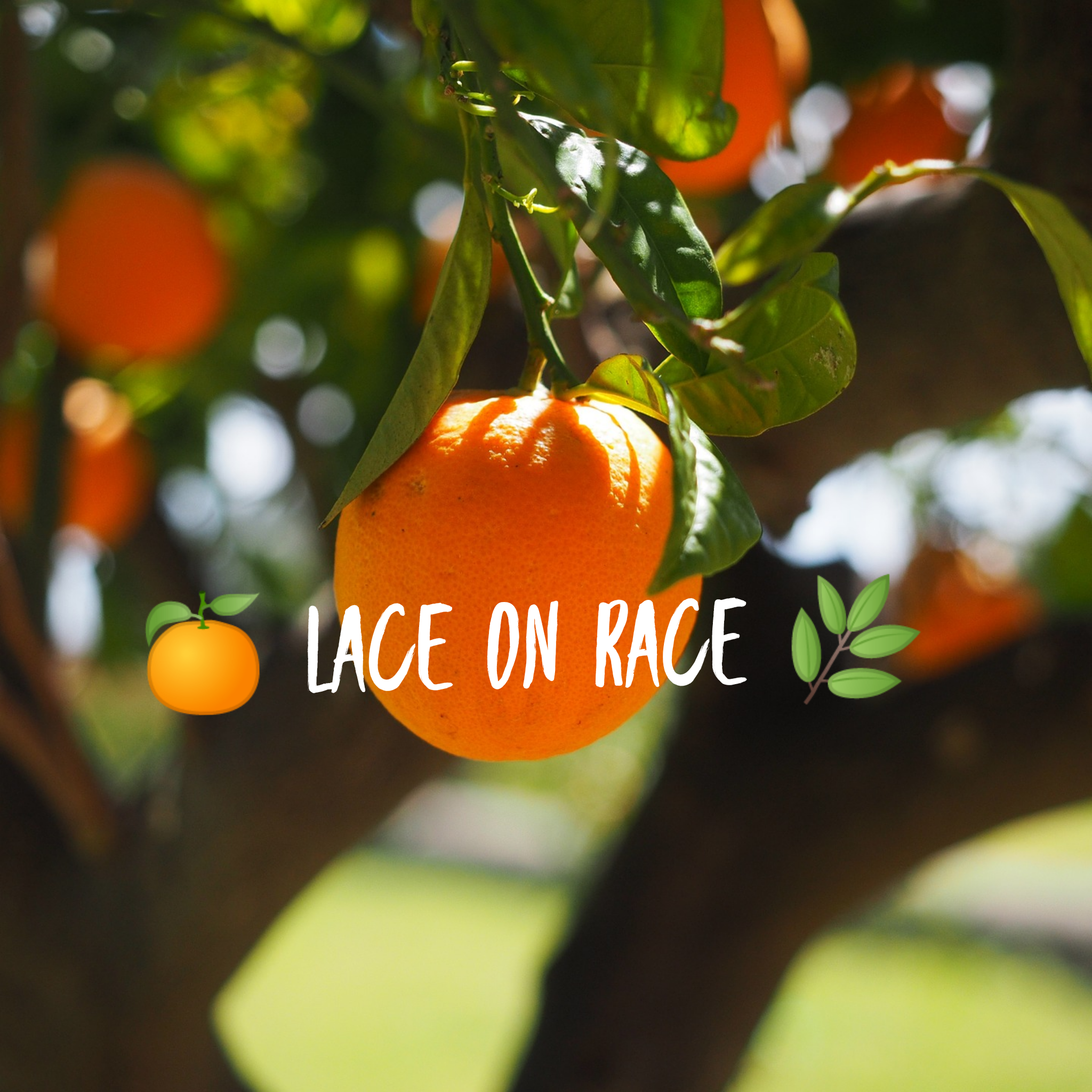Written by Julie Conason
Some of us are reasonably safe; well-stocked, able to quarantine without fear of losing income, not alone, and basically okay, at least for the moment. So, given that degree of “pandemic privilege” in our current situation, what’s our responsibility?
Here it is: I ask myself what I have to SHARE, to SPARE, and to CARE. Because sitting tight and hunkering down and congratulating myself for the fact that we’ve got enough toilet paper and that I’ve figured out how to amuse myself at home isn’t going to cut it.
To SHARE: what can I give to others? Do I have a bag of flour, some rolls of toilet paper, an extra bottle of bleach for cleaning, some Tylenol or a batch of cookies? Can I move from “Do I have enough to share?” to a place of “What does someone else need or want that I can give up and share that way, even if it might mean going without, either now or at some point in the near future?” It means finding out what people need, and then letting them know that either we can drop it off in their driveway, or we can leave it in ours for pickup. I’m going out as little as possible because I’m actually in three risk groups. But this I can do. Even before we began to shelter in place, I was thinking about what I have…
to SPARE: How much can I push my financial resources to support folks who may be in need? I started a couple of weeks ago by making sure that a friend in the Black activist community was fixed up. I knew I could give cash. I gave cash, and rejoicing, she showed me the boxes and boxes of diapers and paper goods and cleaning supplies she’d bought, not that she needed to show me anything. But I was worried, because I didn’t see any food, so I then asked what she wanted/needed by way of shelf-stable food, and sent an order to her. Then I realized that others might be in the same position. So I got together a funding initiative for six Black women/non-men leaders, all of whom are always sharing with others in their community, and so don’t have a lot saved for this kind of eventuality. A good sum of money was raised for them in just a few days. Now I’m working with others closer to home. I’m thinking about a local young woman I know, a single mom of four kids whose own mother has Alzheimers, and who supports all of them by cleaning houses. Her cleaning gigs have been cancelled and she’s home with all of the kids and her mom. What’s she going to do? I can do something for her financially…and then the question moves into what I can do
to CARE. I can take time, every day, to figure out where and how I’m going to put energy into helping others. I’m now working with this young mom so that we can figure out how to exhaust all the other resources at her disposal. Under new regulations, is she eligible for unemployment? Could United Way (which has a fund set up for those who are unemployed by COVID-19) help? I’m determined that somehow we’re going to find some resources for her – and others who are in a similar position. Now, across my state, we are working with a statewide clearinghouse just set up the other day (not set up by the government but rather by individuals, notably folks whom I know through anti-racist work and climate activism) to share resources. We’ve broken it down by counties, so that people who can are providing aid to folks nearby, but we’re all sharing information. And to CARE goes into other realms, too. Who are we checking up on and in on every day? This is a lonely time for many folks. I already know people who are ill, and are not only not being tested or treated, are being told simply to stay home and “treat it like flu unless it gets worse.” That’s terrifying. Checking in on them by text, by phone, by email, by any means possible is going to be a real blessing – or as we’d say in Yiddish, a mitzvah. Checking in on elders. Checking in on folks whom we know are in solitary quarantine, without family. Checking in EVERY DAY. All of these are well within our capability to CARE.
So let’s take this opportunity to look at our own “Pandemic Privilege” in this time (thank you Katherine Parsons for that), and figure out where our responsibility lies, even while entirely sequestered in our own homes. We live in the miracle of a time when we can actually do so much for so many, even if many of us can’t leave our homes.

Leave a Reply